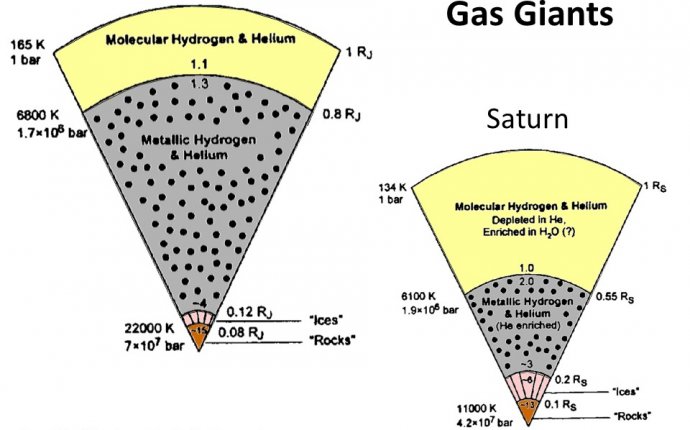
Radio Astronomy Jobs
ICRAR is a great place to work, and we encourage you to apply for any vacancy that you are suitably qualified for.
For more information on the benefits of employment at ICRAR with either Curtin University or The University of Western Australia, you can visit the Curtin or UWA employment websites.
KIAA-ICRAR joint postdoctoral research positions on radio astronomy
The Kavli Institute for Astronomy and Astrophysics (KIAA) at Peking University (PKU), Beijing, China and the International Centre of Radio Astronomy Research (ICRAR) in Perth, Australia invite applications with a Chinese citizenship to fill in 2 jointly funded postdoctoral research positions to work on radio astronomy, starting in the fall of 2017. The term of the funding is four years, with the first half based at KIAA and the second half at ICRAR.
We seek for qualified applicants with an expertise in single-dish or interferometry radio astronomy, or relevant numerical simulations.
Successful applicants will be encouraged to carry out independent and original research as well as collaborate with KIAA and ICRAR staff on topics related to 1) galaxy assembly and evolution (neutral atomic and molecular gas, radio continuum, multi-wavelength surveys), 2) galaxy-AGN-black hole coevolution (neutral atomic and molecular gas, radio continuum, multi-wavelength surveys), 3) the variable universe (pulsars and radio transients) and 4) cosmology (EOR, large-scale structure, intensity mapping, simulations).
The broad aim of this program is to support excellent research by early career radio researchers, to enhance the astronomical and SKA collaborations between China and Australia, and to reinforce the capability in China in fully extracting the scientific value from the coming radio surveys at the 500-m FAST telescope in China, as well as SKA precursor surveys world-wide.
KIAA is an international center of excellence promoting basic astrophysical research. With English as its working language, KIAA is developing an intellectual environment for scientific exchange. In partnership with the National Astronomical Observatories and other astronomical centers and universities in China, KIAA is engaged in theoretical and observational initiatives, development and utilization of facilities, and training of students and postdocs. KIAA regularly sponsors thematic workshops, conferences, and special-topic training programs. KIAA is establishing exchange and visiting programs with other Kavli institutes and a network of universities and astronomy centers worldwide. The institute, in conjunction with the Department of Astronomy, has a total of about 25 faculty, 20 postdoctoral fellows, 50 graduate students, and 120 undergraduates. More information
ICRAR is a joint venture between Curtin University and the University of Western Australia, engaged in Astronomy research, engineering and data intensive astronomy. ICRAR is ranked as one of the top five institutions of its kind in the world and is a significant partner in SKA pre-construction activities.
MINIMUM QUALIFICATIONS
Ph.D. in astronomy, physics, planetary sciences or related fields completed or expected by effective date, and a demonstrated record of research excellence. Restricted to applicants with a Chinese citizenship.
APPLICATION PROCESS
Software Engineer (CAASTRO-3D Data Intensive Astronomy)
The focus of this software engineering position is on large-scale global data management, data processing, enabling in-site visualisation and data product dissemination. The development will be driven by science requirements of the various science projects carried out within CAASTRO-3D (see the list above). Due to the amount of data collected by current and future facilities and experiments, the handling and processing of the data requires large, heterogeneous computing facilities and capabilities. This includes HPC centres, in-house clusters as well as private and public clouds. The software needs to be able to make use and manage such a diverse landscape. Science projects are highly experimental and agile in nature and thus the software, as well as the persons behind the software need to be able to work in such an environment.











